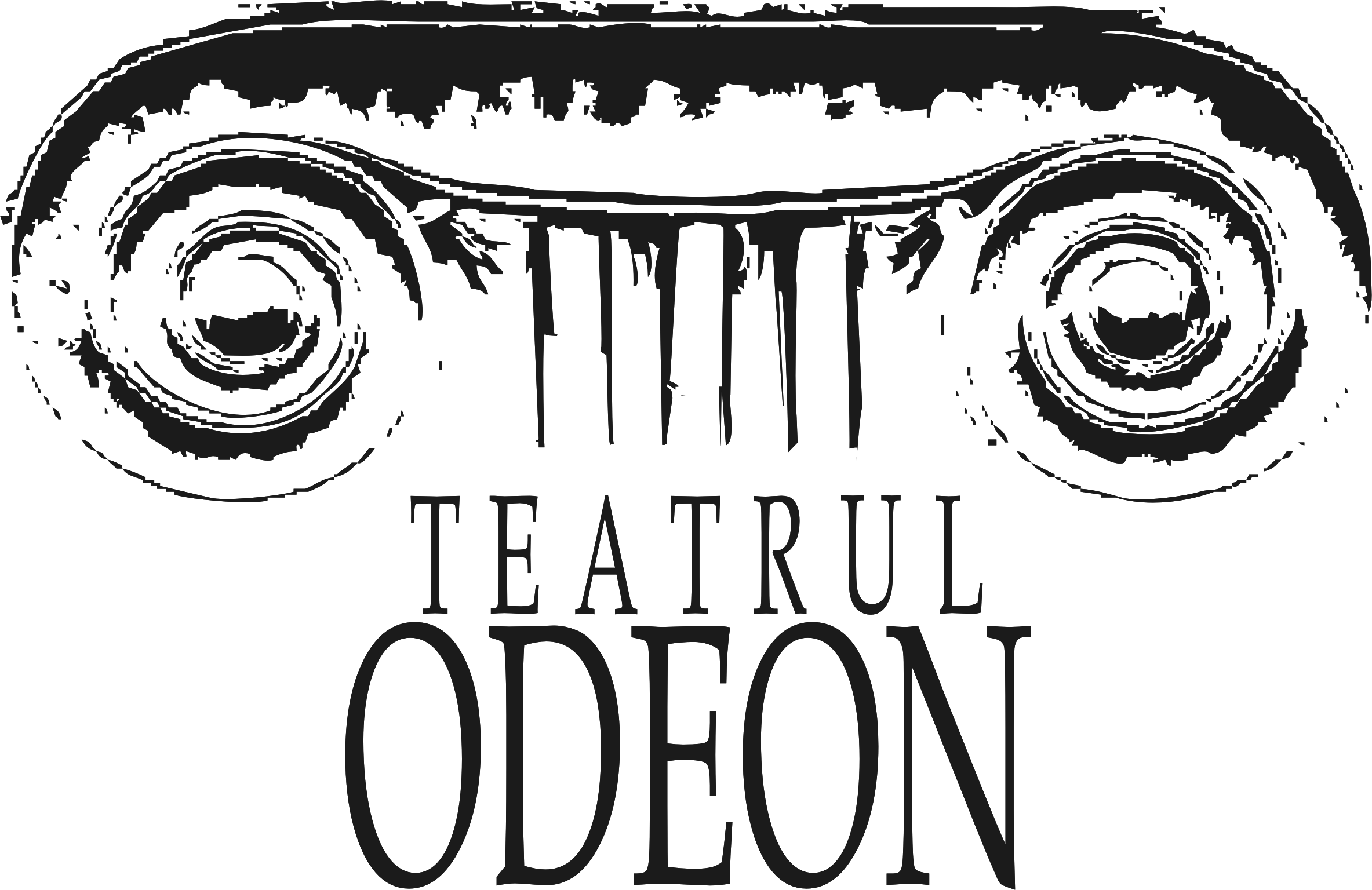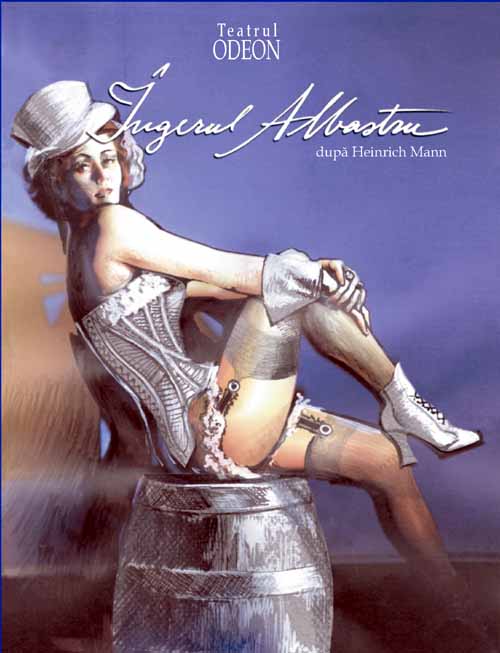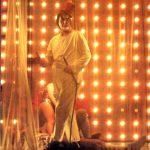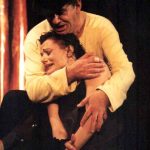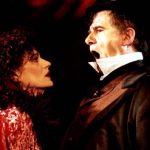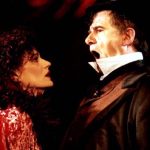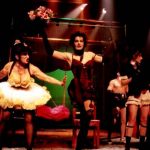after “Professor Unrat” by Heinrich Mann, directed by Răzvan Mazilu
Professor Emanuel Raat: Florin Zamfirescu
Student: Leonid Doni
Von Ertzum, student: Ioan Batinaş
Kieselack, student: Dimitrii Bogomaz
The troup from “The Blue Angel”:
Rosa Fröhlich, nicknamed Lola Lola Maia Morgenstern
Guste: Jeanine Stavarache
Kiepert: Mircea Constantinescu
Helga: Cătălina Mustaţă
The mute clown: George Călin
Directed by: Răzvan Mazilu
Stage design: Irina Solomon and Dragoș Buhagiar
Music: Friedrich Hollander
Lyrics: Robert Liebmann and Friedrich Hollander
Music: Petru Mărgineanu
“Words cannot describe a film sequence, words cannot describe an image. Nowadays, “The blue Angel” is used to describe nightclubs, escadrons and remakes: until I gave this title to my film, it had not existed”.
Sternberg changed the ending of Mann’s novel, that was a social story about a professor that marries Rosa Frohlich, a cabaret singer who has a child, and is accepted by the society after making a new career as cabaret singer.
Contemporary audience regarded “The Blue Angel” as a chronic of a decadence period that lasted in Germany for ten years.
“The Blue Angel” is a kind of apocalyptic premonition about the social force that will form the nucleus of the Nazi epoch. The changing of professor Raat’s name to Unrat (=filthiness) is an anticipation of the methods used in the concentration camps, and Rath’s pupils are models of young Nazi soldiers.
